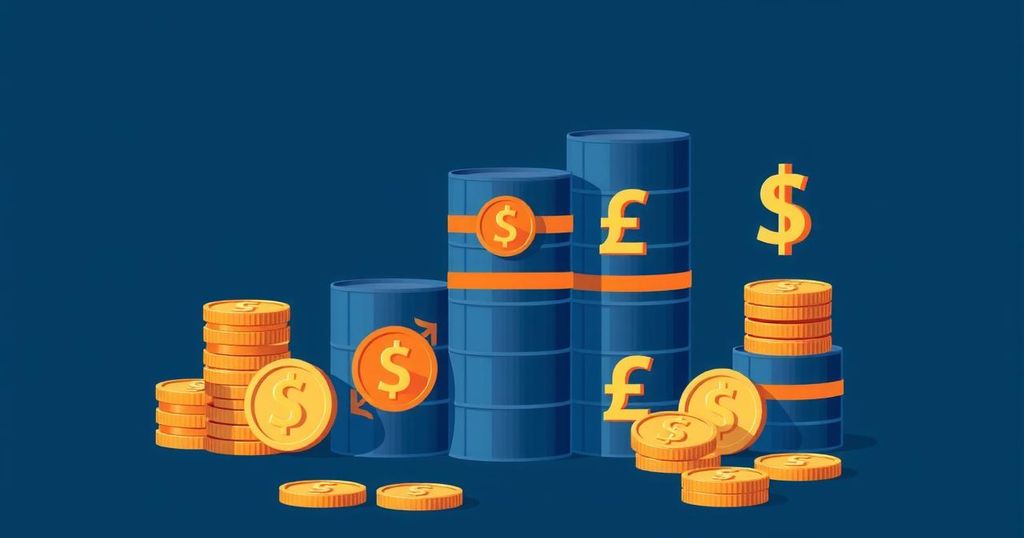Trump Announces 25% Tariffs on Nations Purchasing Venezuelan Oil
President Trump announced a 25% tariff on imports from countries buying Venezuelan oil, effective April 2. This decision aims to confront what he describes as Venezuela’s hostility and to counteract China’s influence as Venezuela’s main trading partner. Trump also plans to escalate existing tariffs on steel and aluminum, asserting flexibility in future tariff policies.
On April 2, President Donald Trump will implement a 25% tariff on all imports from countries that purchase oil or gas from Venezuela, alongside introducing new tariffs directed at Venezuela itself. In a communication on Truth Social, Trump criticized Venezuela as “very hostile” to the United States, asserting that nations engaging in trade with Venezuela will incur tariffs on their dealings with the U.S.
Furthermore, Trump indicated that Venezuela would also endure a “Secondary” tariff, attributing this to the presence of the Tren de Aragua gang within the country. The administration’s efforts include the deportation of immigrants identified as gang members who entered the U.S. illegally. This tariff strategy reflects broader motivations to challenge China, which is Venezuela’s largest foreign customer.
These proposed tariffs suggest that the administration aims to adopt a more aggressive stance against China, where the U.S. has already established a universal 20% tariff on imports as part of an initiative to combat the trafficking of fentanyl. Additionally, Trump declared April 2 as “LIBERATION DAY” to coincide with changes to import tax structures, which are purportedly designed to match rates imposed by other nations.
Moreover, the Trump administration has escalated tariffs enacted in 2018 on steel and aluminum to 25% for all imports. In recent discussions, Trump reassured reporters that there would be “flexibility” regarding these tariffs, despite his general opposition to granting exemptions for import taxes.
In conclusion, President Trump’s recent announcement regarding the implementation of a 25% tariff on imports from nations purchasing Venezuelan oil highlights a more assertive approach towards international trade, particularly regarding China and Venezuela. The introduction of secondary tariffs and initiatives against gang members aligns with an overarching strategy to bolster U.S. economic interests. Furthermore, the declaration of April 2 as “LIBERATION DAY” signifies a new phase in tariff policies, marking Trump’s commitment to restrictive trade measures against key partners.
Original Source: www.scmp.com








Post Comment